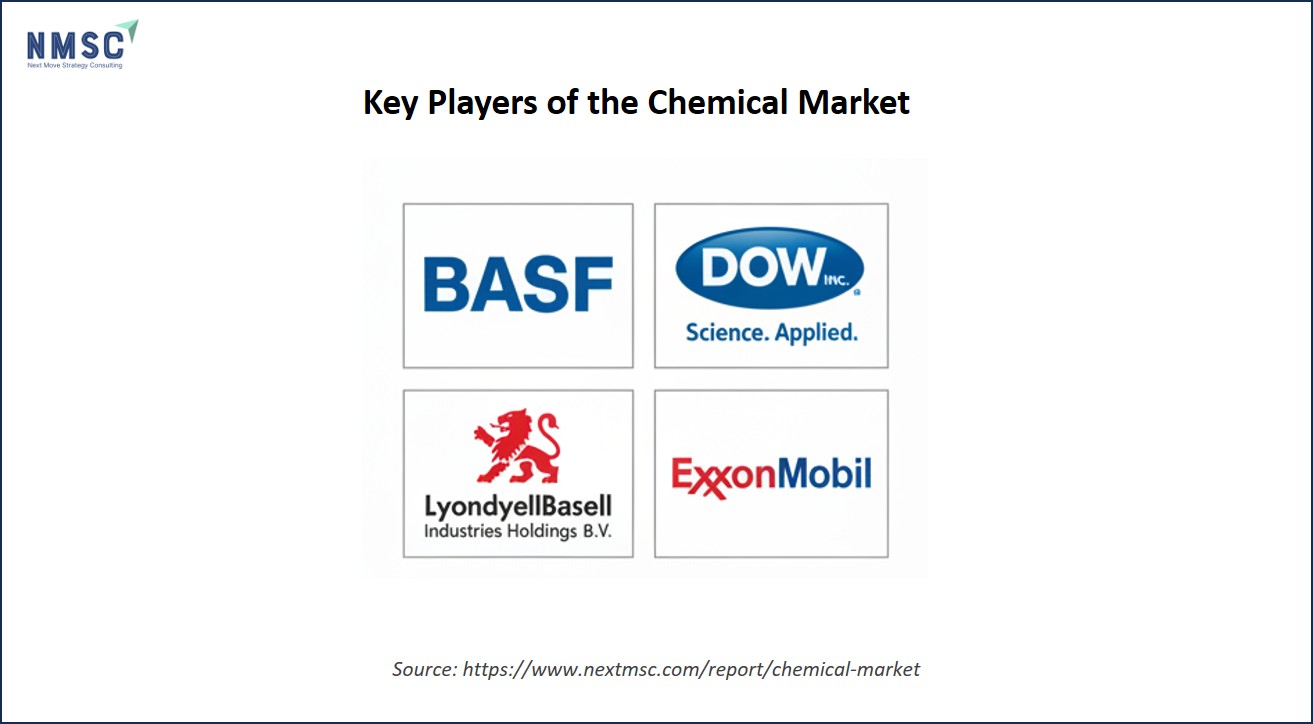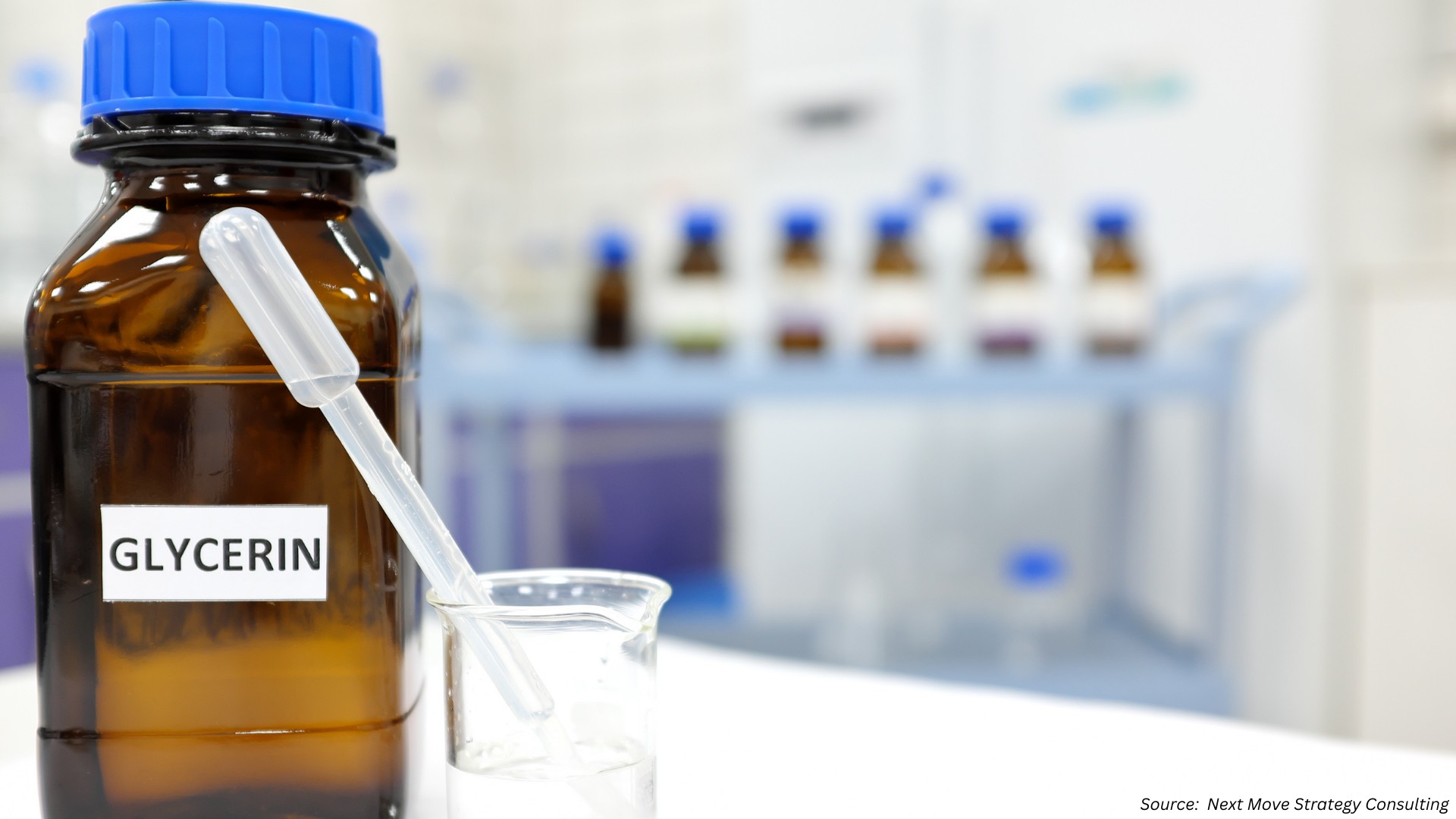What Is Shaping the Chemical Market in 2025?
Published: 2025-09-24

Introduction
The chemical market in 2025 is undergoing significant transformation, driven by regulatory reforms, safety concerns, and material innovation. Two recent developments highlight this shift. BASF has introduced low electrical conductivity coolants (LECCs) designed to comply with China’s GB 29743.2-2025 standard, which becomes effective in October 2025. At the same time, Dow has released a detailed Silicone Antifoams Selection Guide, offering practical insights for industrial users in chemical processing. Together, these innovations illustrate how compliance, performance, and operational efficiency are defining the future of the chemical sector.
What Major Trends Are Driving the Chemical Market Today?
The most visible trend in the chemical industry today is the rise of compliance-driven innovation. BASF’s launch of GLYSANTIN® ELECTRIFIED® LECCs demonstrates how regulations are shaping product design and performance. These coolants are engineered to reduce fluid decomposition and hydrogen generation, directly addressing risks associated with electric vehicles. According to BASF, the new formulations also comply with the latest standards in China, marking a significant step for the automotive chemicals market.
In parallel, Dow has placed emphasis on operational optimization with its Silicone Antifoams Selection Guide. The guide outlines how manufacturers can reduce foam-related inefficiencies in chemical processing by selecting the right antifoam based on process conditions. This reflects a broader market trend in which customers are demanding not only safer materials but also practical tools for improving efficiency and reliability in industrial processes.
In conclusion, these trends show that the chemical market is evolving beyond basic product supply. Customers now expect innovations that anticipate regulatory changes, ensure safety, and enhance operational stability.
How Are New Standards like GB 29743.2-2025 Influencing the Market?
China’s GB 29743.2-2025 standard has become one of the most influential regulatory updates in the chemical sector. The regulation sets strict limits on electrical conductivity in coolants used for electric vehicle battery systems. The intention is clear: by reducing fluid decomposition and hydrogen generation, the risk of overheating, fire, and explosion can be minimized. This has raised the bar for coolant performance and safety.
For manufacturers, compliance with this standard is no longer optional. Vehicle Original Equipment Manufacturers must meet these requirements to maintain consumer trust and avoid regulatory penalties. To support compliance, BASF has localized production at its Pudong site in China, which enables faster supply and stronger assurance of regulatory alignment. The company has also worked with third-party organizations such as SGS and RATTC to validate the safety and compatibility of its products.
The outcome of this regulatory shift is clear: chemical companies must anticipate evolving standards and align their portfolios accordingly. Those who act early will secure an advantage in credibility, market access, and customer loyalty.
Why Do Silicone Antifoams Continue to Play a Critical Role?
While coolants highlight the role of regulation, Dow’s Silicone Antifoams Selection Guide demonstrates how specialty additives remain vital for industrial processes. Foam formation in chemical processing can cause inefficiencies, such as overflow, slower separations, and reduced throughput. Silicone antifoams address this by reducing foam stability, enabling smoother and more reliable operations.
The effectiveness of an antifoam depends on the conditions of use. Dow emphasizes that users must consider variables such as process type, temperature, pH level, presence of oils or solids, and mechanical shear. By matching antifoams to these conditions, companies can significantly reduce downtime and enhance product yield.
The broader message is that even seemingly small additives can have a large impact on operational outcomes. As chemical processes become more complex, reliable solutions like silicone antifoams will continue to hold strategic importance.
What Is Next Move Strategy Consulting’s Perspective?
According to Next Move Strategy Consulting, the chemical market is now in a phase where compliance and innovation are inseparable. Companies can no longer treat regulatory requirements as afterthoughts; instead, they must integrate regulatory foresight into product design and development from the beginning.
Next Move Strategy Consulting also highlights the importance of localization in manufacturing. By producing closer to demand centers, chemical companies can respond more quickly to new regulations while reducing supply chain risks. Furthermore, detailed product documentation and validated data, such as Dow’s selection guides and BASF’s third-party certifications, are becoming critical for building customer confidence.
This perspective underscores that future growth will favor companies that combine innovation with transparency, compliance, and customer-centric solutions.
What Do These Changes Mean for the Future of the Chemical Market?
The ongoing shifts suggest that the chemical market is moving away from commodity-focused models toward specialized, high-performance products. Customers are increasingly willing to invest in materials that deliver safety, efficiency, and regulatory assurance rather than simply choosing the lowest-cost option.
The emphasis on certification, compatibility, and operational effectiveness also suggests that the industry will become more collaborative. Suppliers, manufacturers, and end-users will need to work together closely to ensure that solutions are not only compliant but also optimized for diverse operating conditions.
This evolution points to a future where credibility and trust are as important as technological advancement.
Conclusion
The chemical market in 2025 is being reshaped by a combination of regulatory standards, safety imperatives, and specialized innovations. BASF’s compliance-driven coolants and Dow’s process-optimization tools show how companies are adapting to stricter requirements and customer expectations. From the perspective of Next Move Strategy Consulting, the key to success will lie in anticipating regulations, localizing production, and delivering validated solutions backed by data. Ultimately, the future of the chemical industry will not only be about creating materials but also about building trust, ensuring safety, and delivering value at scale.
About the Author
 Joydeep Dey is an SEO Executive, Content Writer, and AI expert with 2½ years of experience. He specializes in SEO strategy, impactful content, and AI-driven solutions. Passionate about simplifying complex ideas, he helps boost visibility and engagement.
Joydeep Dey is an SEO Executive, Content Writer, and AI expert with 2½ years of experience. He specializes in SEO strategy, impactful content, and AI-driven solutions. Passionate about simplifying complex ideas, he helps boost visibility and engagement.
About the Reviewer
 Sanyukta Deb is a skilled Content Writer and Digital Marketing Team Leader, specializing in online visibility strategies and data-driven campaigns. She excels at creating audience-focused content that boosts brand presence and engagement, while also pursuing creative projects and design interests.
Sanyukta Deb is a skilled Content Writer and Digital Marketing Team Leader, specializing in online visibility strategies and data-driven campaigns. She excels at creating audience-focused content that boosts brand presence and engagement, while also pursuing creative projects and design interests.

















Add Comment